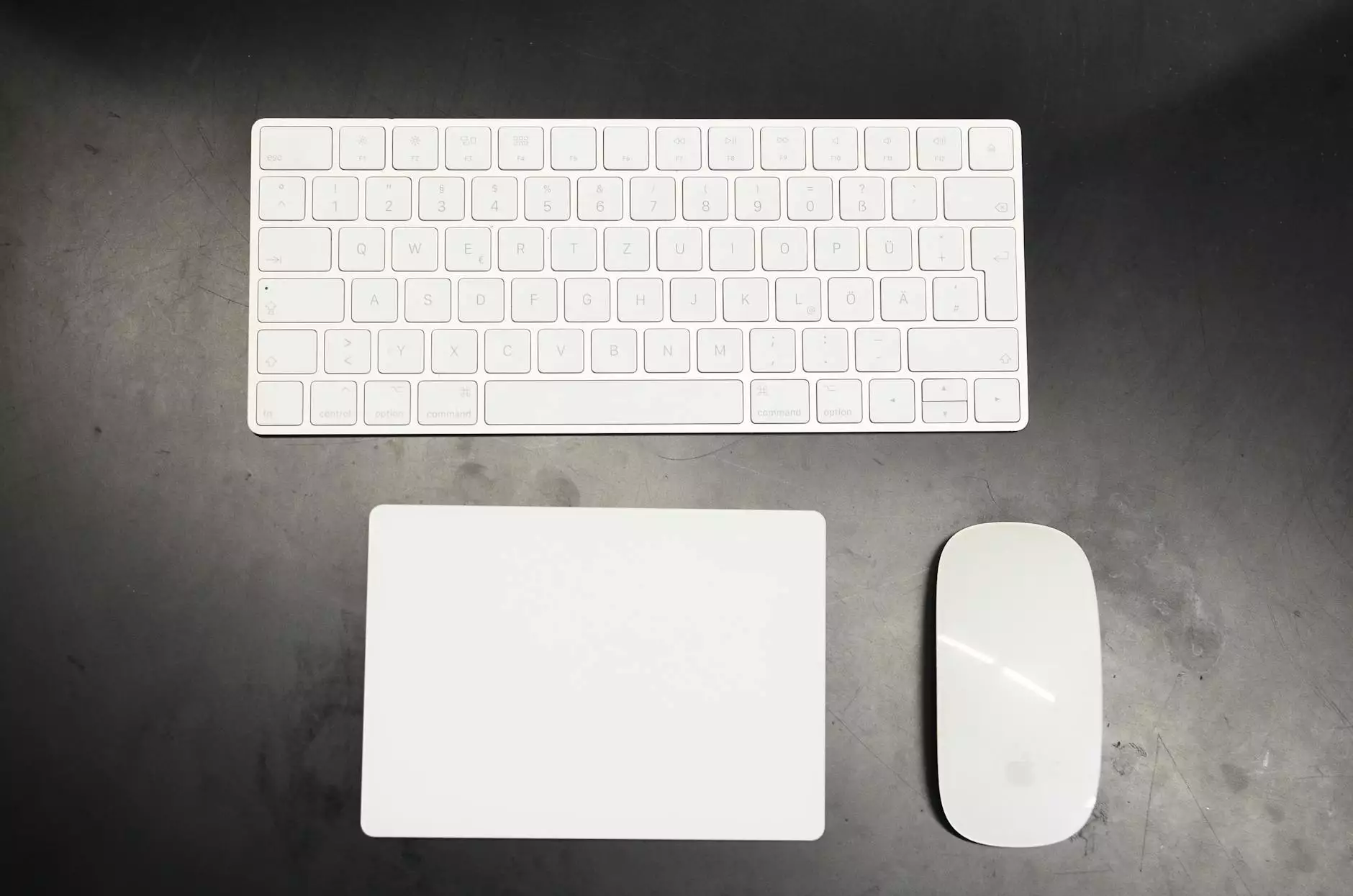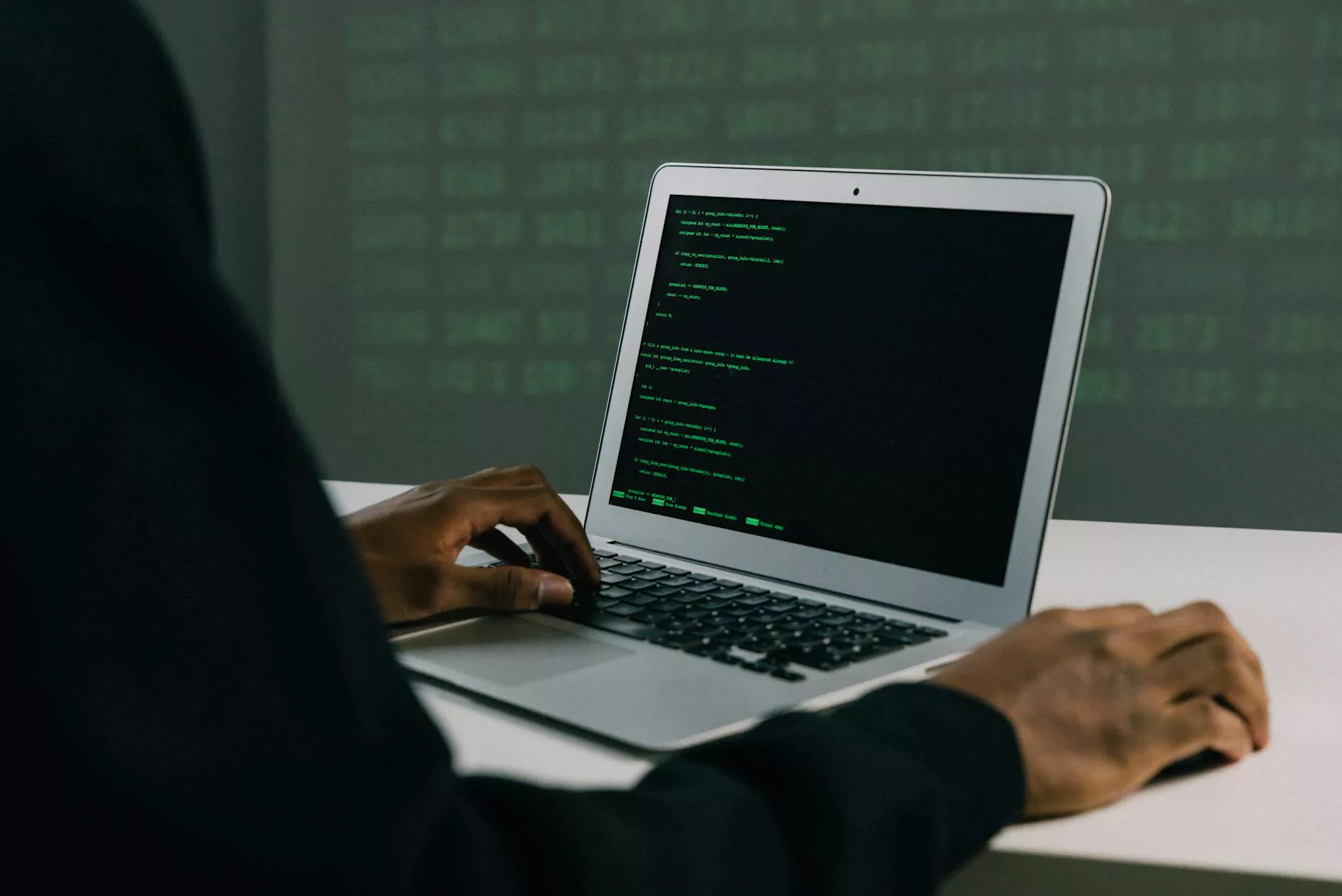How to Improve the Security of Your Mobile Devices
Blog
Introduction
Welcome to TNECDA- Creative Design Agency, your trusted partner in securing your mobile devices. In this comprehensive guide, we will explore various methods and best practices to enhance the security of your smartphones and tablets. As technology advances, so do the risks associated with mobile devices. It is crucial to stay informed and take necessary measures to protect your valuable data.
1. Keep Your Mobile Operating System Up to Date
Regularly updating your mobile device's operating system (OS) is one of the simplest yet most effective ways to improve security. OS updates often include security patches that fix vulnerabilities discovered by manufacturers or security researchers. By keeping your OS up to date, you can stay one step ahead of potential threats.
2. Use Strong and Unique Passwords
Creating strong and unique passwords for your mobile devices is vital in safeguarding your sensitive information. Avoid using common passwords and opt for a combination of uppercase and lowercase letters, numbers, and special characters. Additionally, enable biometric authentication methods such as fingerprint or facial recognition for an extra layer of security.
3. Be Cautious of App Downloads
When downloading apps, be mindful of their source. Stick to official app stores like Google Play Store or Apple App Store, as they have security measures in place to detect and remove potentially harmful applications. Before installing any app, read user reviews and check the permissions it requests. If an app seems suspicious, it is best to avoid it.
4. Install a Reliable Mobile Security App
Consider installing a trusted mobile security app that offers features such as antivirus scanning, malicious website blocking, and remote device locking/wiping. These apps can help detect and remove malware, protect your personal information, and provide additional security measures to keep your mobile device safe.
5. Be Wary of Public Wi-Fi Networks
Public Wi-Fi networks can pose significant security risks, as they are often unsecured and susceptible to hacking attempts. Avoid accessing sensitive information or making online transactions while connected to public Wi-Fi. If you must use public networks, consider using a virtual private network (VPN) to encrypt your internet connection and protect your data.
6. Enable Two-Factor Authentication
Two-factor authentication (2FA) adds an extra layer of security to your mobile devices. By enabling 2FA, you will need to provide a secondary verification method, such as a unique code or a biometric scan, in addition to your password. This significantly reduces the chances of unauthorized access to your device or accounts.
7. Backup Your Data Regularly
Backing up your mobile device's data is crucial in case of theft, loss, or system failure. Regularly sync your device with a secure cloud storage service or create local backups. By doing so, you can easily restore your data on a new device or recover it in unfortunate situations.
8. Educate Yourself About Phishing Attacks
Phishing attacks are a common method used by hackers to obtain sensitive information. Stay informed about the latest phishing techniques and learn to identify suspicious emails, messages, or websites. Be cautious when clicking on links and avoid sharing personal or financial information if you suspect a phishing attempt.
9. Secure Your Mobile Payments
If you use your mobile device for making payments, ensure you are using secure and trusted payment platforms. Avoid entering your payment information on unfamiliar or suspicious websites. When making transactions, verify that the website or app is using encryption to protect your data.
10. Regularly Review App Permissions
Periodically review the permissions granted to installed apps on your device. Some apps may request unnecessary access to your personal data or features that are not required for their functionality. Restrict permissions to only what is necessary to protect your privacy and minimize potential risks.
Conclusion
Your mobile device is a gateway to a world of information and connectivity, but it is crucial to prioritize its security. By following these tips and best practices from TNECDA- Creative Design Agency, you can significantly improve the security of your mobile devices and protect your personal data from various threats. Stay vigilant, stay informed, and enjoy the benefits of technology without compromising your privacy and security.









